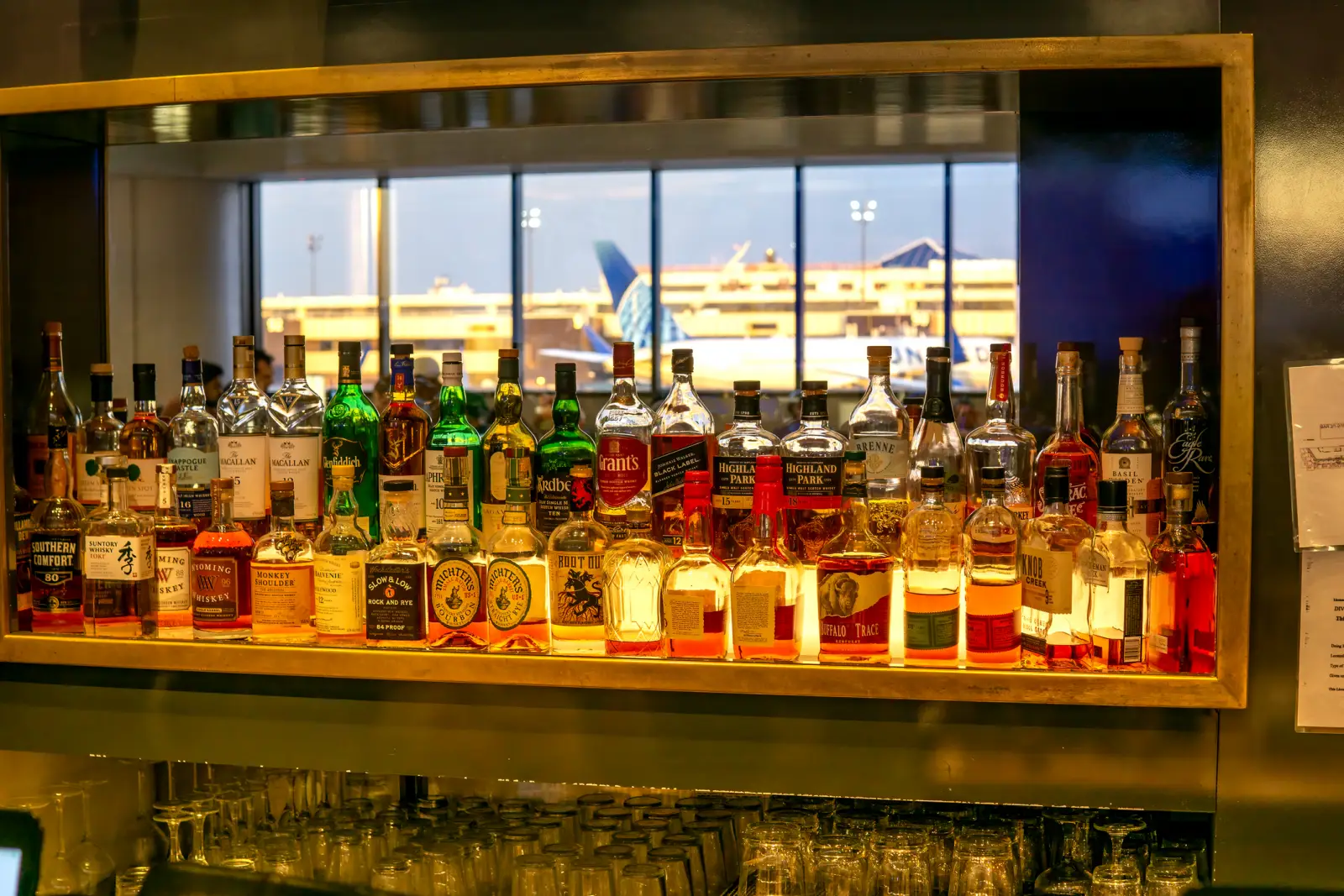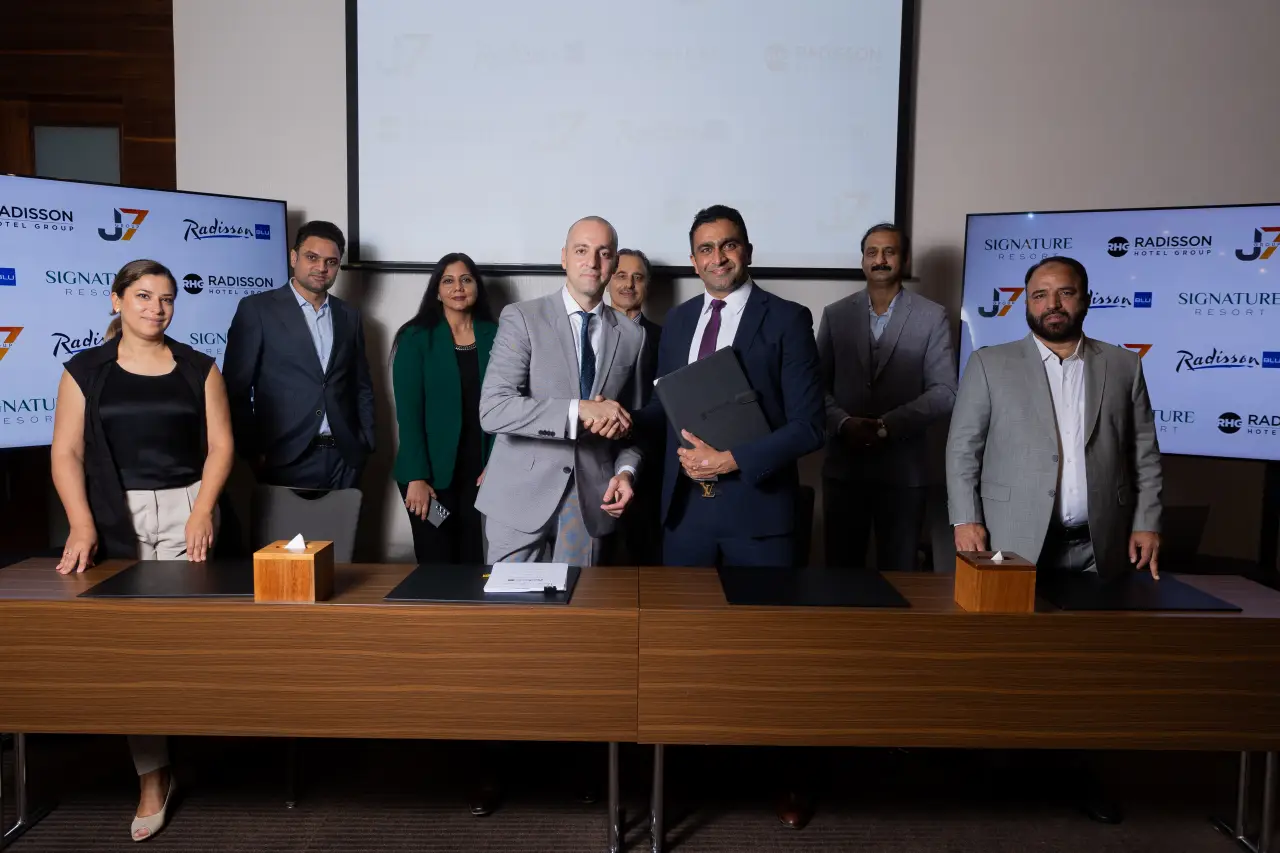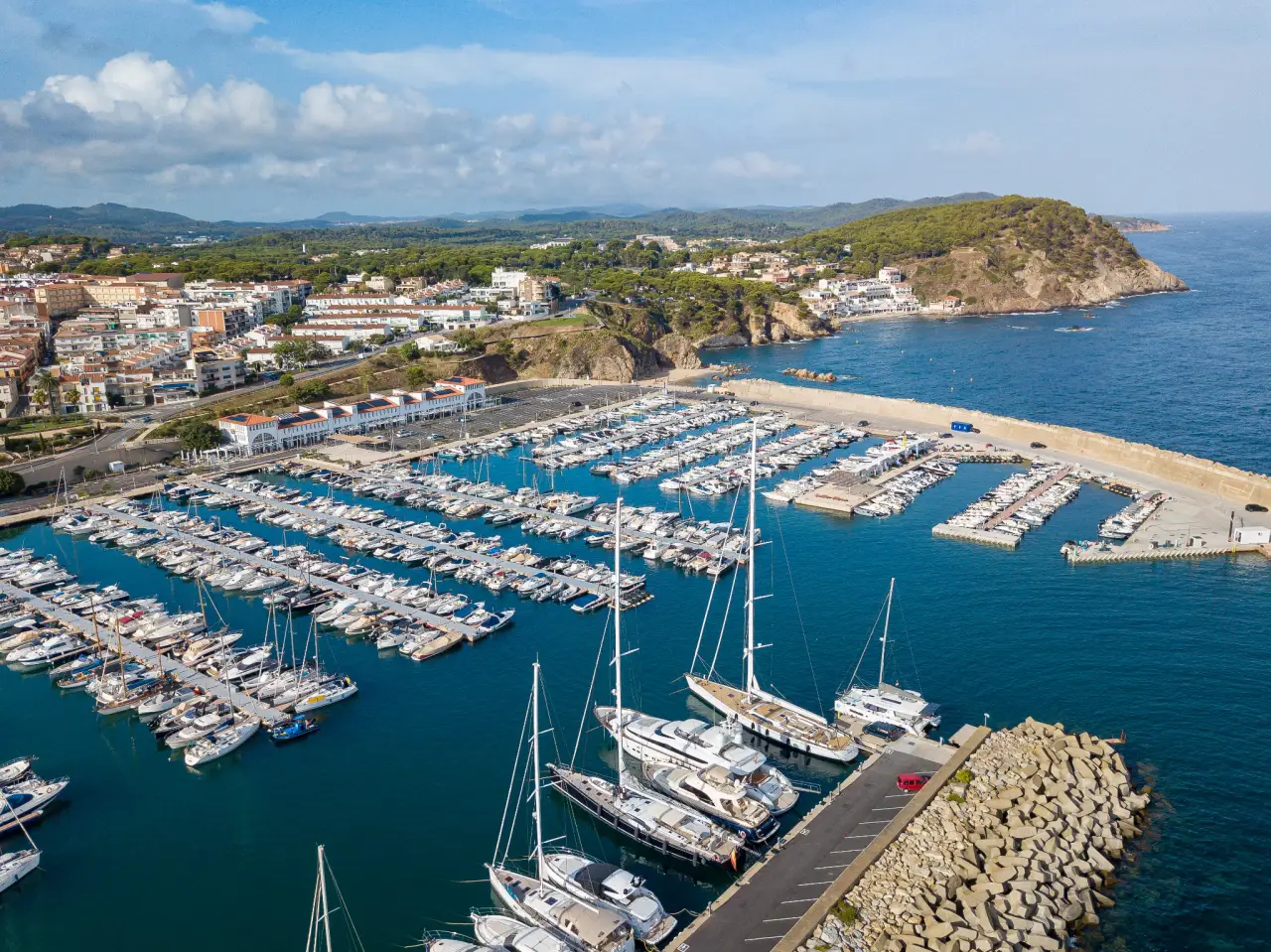The World Travel & Tourism Council (WTTC) has unveiled a report shedding light on the disparity between travelers’ aspirations for sustainable options and their actual behavior.
Released at FITUR 2025 in Madrid, the report, titled “Bridging the Say-Do Gap: How to Create an Effective Sustainability Strategy by Knowing Your Customers,” examines the barriers preventing sustainable travel from becoming a mainstream choice.
Developed in collaboration with YouGov, the report surveyed over 10,000 respondents, categorizing them into six distinct consumer segments. These ranged from eco-conscious “Hopeful Worriers” to the less engaged “Climate Change Agnostics.” The findings emphasize that while sustainability is an increasingly important topic, it often takes a backseat to cost and quality when travelers make decisions.
Cost was identified as the dominant priority, with over 50% of respondents citing it as their primary concern, while around 30% prioritized quality. In contrast, sustainability was a deciding factor for just 7% to 11% of respondents, even among the most environmentally aware groups.
Visibility also remains a major hurdle, as more than 10% of survey participants reported having no exposure to sustainability-related messaging via media, social platforms, or community initiatives. This lack of information prevents sustainable choices from becoming more accessible and attractive to consumers.
Julia Simpson, WTTC President & CEO, stated, “Travelers care about sustainability, but when buying travel, cost and quality are king. Customers expect businesses to create affordable sustainable options. Many WTTC companies inspire change, from regrowing coral reefs to reducing food waste. Customers engage with brands that have strong values.” She highlighted the importance of addressing the say-do gap to protect the planet while enhancing customer experiences.
The WTTC report offers actionable recommendations to help businesses bridge this gap. These include collaborating with governments and other organizations on sustainability initiatives, making eco-friendly options simple and convenient, and introducing tiered reward programs to incentivize sustainable choices. Marketing strategies tailored to individual consumer values and needs have also proven effective in driving engagement.
Some companies are already leading the way. Intrepid Travel labels trip itineraries with their carbon impact and offsets emissions automatically. Iberostar leverages AI technology to minimize food waste, while Hilton equips its hotels with EV charging points and powers a significant portion of its EMEA properties with renewable energy.
The report also advocates for “designing out” unsustainable options, effectively making sustainability the default choice for consumers. This approach simplifies decision-making and aligns with growing consumer expectations.
With climate action becoming increasingly urgent, WTTC’s report provides a roadmap for Travel & Tourism businesses to balance economic growth with environmental responsibility. By addressing the barriers highlighted in the study, the industry can ensure a more sustainable and resilient future.













